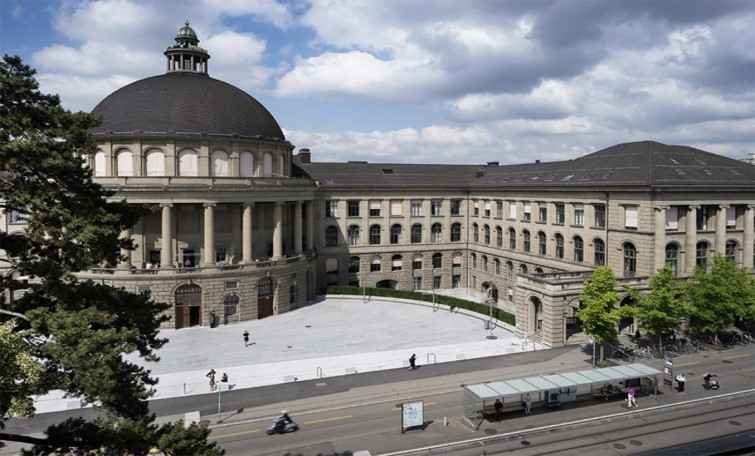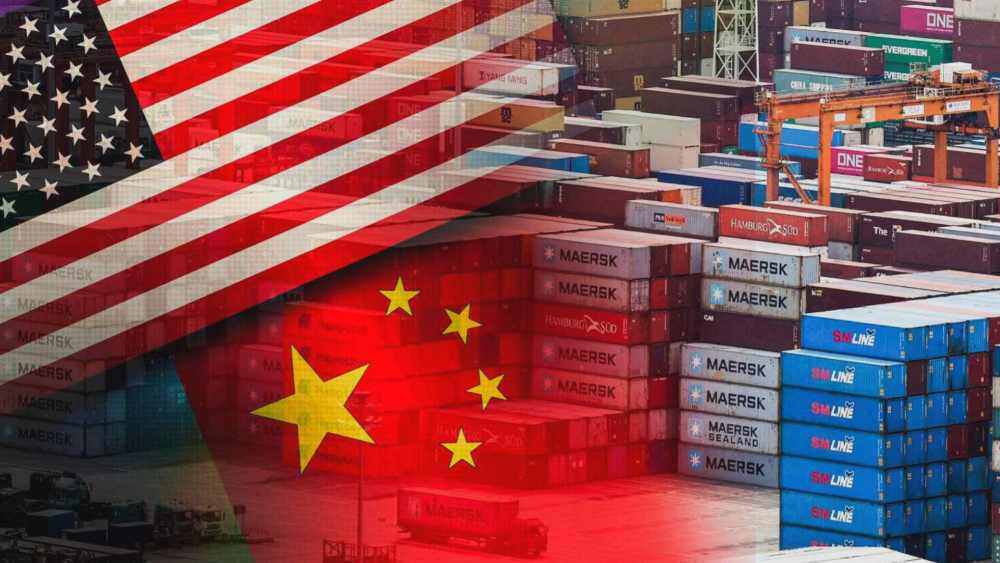Swiss university set to restrict applications from certain countries, including China
ETH Zurich, one of the world's most prestigious universities, has recently announced a new policy that will restrict applications from students in certain countries, including China.
Nov 4, 2024 / GMT+6
It is one of the most prestigious universities in the world, preparing the next generation of top engineers and scientists. This move has sparked significant controversy and criticism, with many calling it discriminatory.
More topics for you...This topic continues below.
China reports record $1.2 trillion trade surplus for 2025, defying Trump's tariffs.
What’s the Policy?
ETH Zurich (Federal Institute of Technology Zurich) is set to implement a new screening process for doctoral and master’s students, guests, and new staff. The applicants will be evaluated based on four main criteria: their country of origin (both nationality and place of residence), previous education at an institution considered a security risk, any scholarships received from a sanctioned state, and other unspecified factors. If an applicant meets more than one of these criteria, their application is likely to be denied.
Why Make This Change?
The university says this policy aims to minimize the risk of technology and knowledge developed at the institute being used for military purposes. This concept, known as "dual-use," refers to technology that can be utilized for both civilian and military applications. ETH Zurich wants to prevent foreign students, employees, or guests from accessing sensitive technologies that could be misused.
Why Are People Upset?
The new policy has faced strong criticism, especially from the Chinese community. Geng Tao, a robotics scientist and founder of Qibo Robot Company, called the move "discriminatory" and "unprecedented". He worries that other universities might follow ETH Zurich’s lead, further limiting opportunities for Chinese students and creating more barriers.
Switzerland’s Neutral Stance
Switzerland has a long-standing reputation for its political neutrality, a principle that has been firmly established in its history for more than 500 years. The new policy at ETH Zurich brings up concerns about how this neutrality fits with the implementation of such strict screening measures.
What Could This Mean?
This new policy could greatly impact international students and academic partnerships. It might discourage skilled students from seeking admission to ETH Zurich and other Swiss universities, which could in turn influence the diversity and caliber of the student population. Furthermore, it could put a strain on diplomatic relations between Switzerland and the countries affected by the policy.







